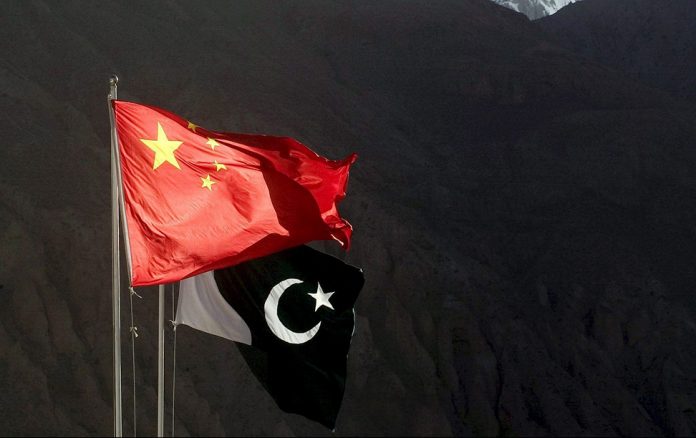The ongoing dialogue between Pakistan and Chinese investors regarding energy debts under the China-Pakistan Economic Corridor (CPEC) has intensified, with Chinese investors insisting on offshore bank accounts to service these debts. This development has sparked deliberations within Pakistani authorities, given the country’s financial constraints and ongoing negotiations with the International Monetary Fund (IMF).
Sources familiar with the discussions revealed that Chinese authorities are pushing for the placement of funds in offshore accounts equivalent to Pakistan’s energy-related debt repayments. This demand has raised concerns within Pakistan’s central bank and government circles, as it could impact the country’s foreign exchange reserves and financial stability.
While Pakistan has a history of never defaulting on Chinese energy debt repayments, even during challenging economic periods, the current scenario poses unique challenges. The need to balance financial commitments, international obligations, and strategic economic decisions has become paramount.
The central bank governor’s cautionary stance reflects the delicate nature of these negotiations. Chinese investors seeking offshore funds to demonstrate revenue streams and address financial concerns adds another layer of complexity to the discussions.
At the heart of the matter are pending dues for Chinese energy projects, amounting to hundreds of billions of rupees, coupled with Pakistan’s struggle to address circular debt and implement energy agreements effectively.
As both parties navigate these intricate discussions, the outcome will significantly impact Pakistan’s financial outlook, foreign investment climate, and strategic partnerships under the CPEC framework.























